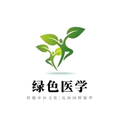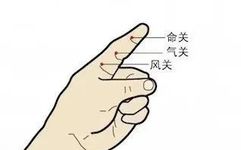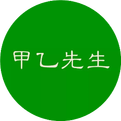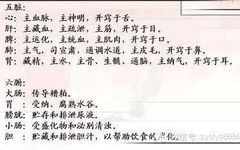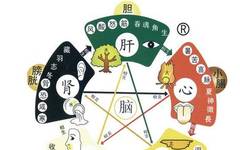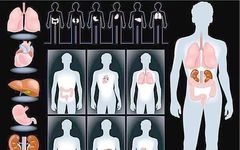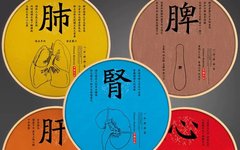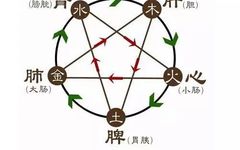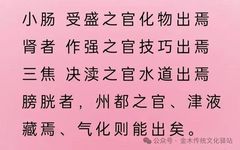Decoding the Relationship Between Zang-Fu Organs and the Five Senses
The Relationship Between Zang-Fu Organs and the Five Senses: The heart corresponds to the tongue, the liver to the eyes, the spleen to the mouth, the lungs to the nose, and the kidneys to the ears! 1. Heart Corresponds to the Tongue 1. A pale tongue indicates insufficient heart blood. 2. A red tongue indicates … Read more


